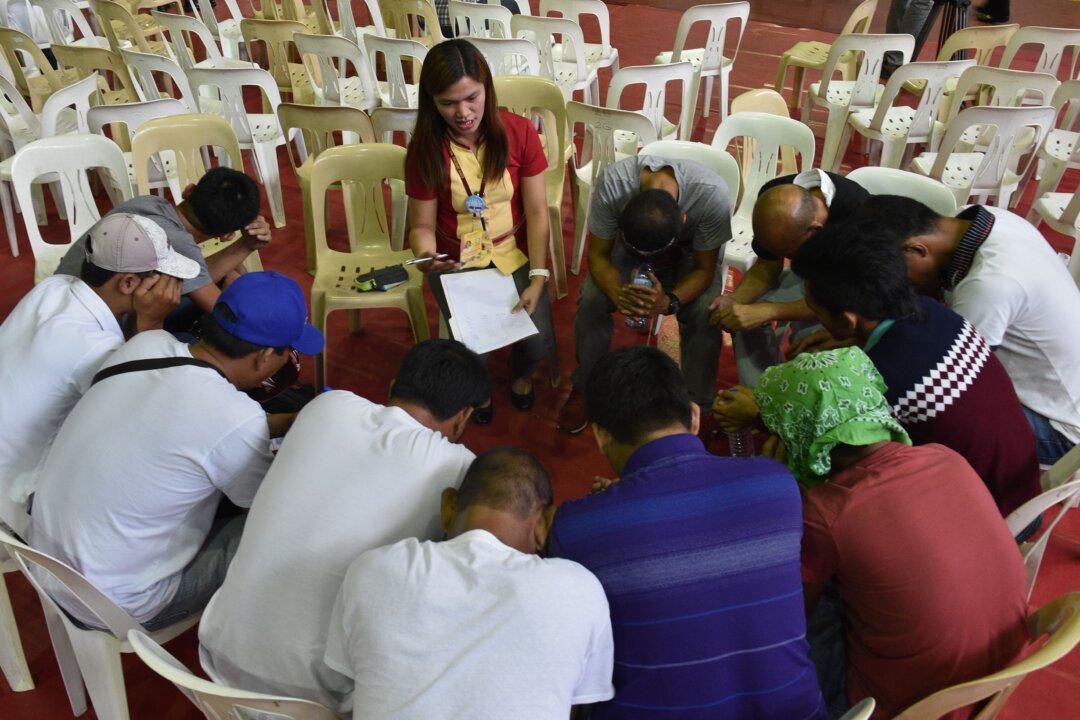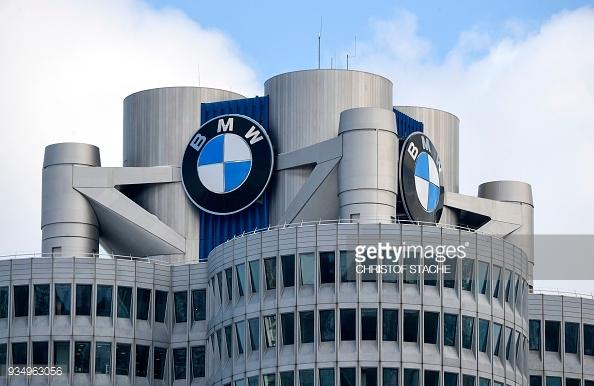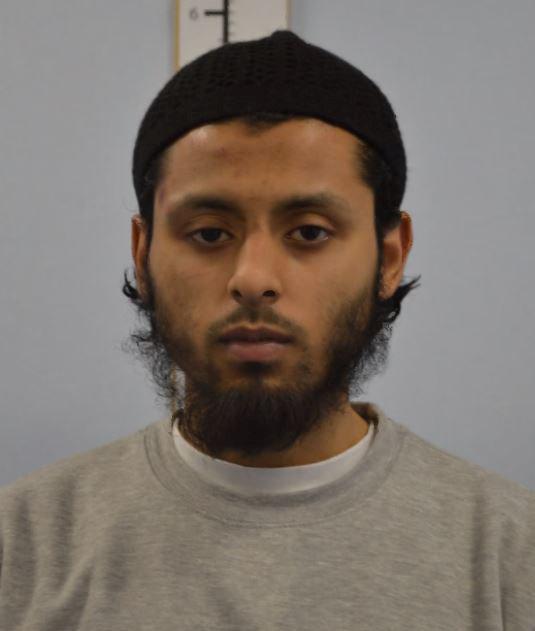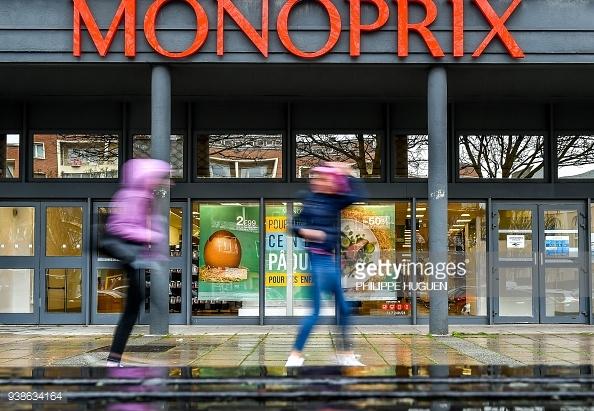Human rights are not a concern in Philippine President Rodrigo Duterte’s war on drugs, he said, as he vowed to ignore due process and compared himself to Ugandan dictator Idi Amin.
Duterte’s threat came as the International Commission of Jurists (ICJ) joined the chorus of groups criticising Duterte’s advocacy of killing.
In the latest of a series of tirades, the country’s newly elected leader doubled down on a promised campaign of widespread killings and said he wouldn’t listen to “bleeding hearts”.
“I will retire with the reputation of Idi Amin,” he said in a speech on Sunday, July 17th, referring to the late African ruler whose 1971-1979 regime was characterised by large-scale rights abuses that killed tens if not hundreds of thousands of Ugandans.
“I am not afraid of human rights [concerns]. I will not allow my country to go to the dogs,” Duterte said, vowing to pardon all abuses committed by security forces.
“Why will I give you a [due] process? I am the president. I don’t give you [due] process,” he said.
Duterte swept to power on May 9th after pledging to end crime in the Philippines using the same “shoot-to-kill” methods critics say he employed as mayor of the southern city of Davao.




